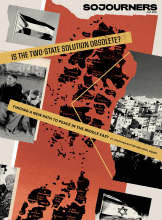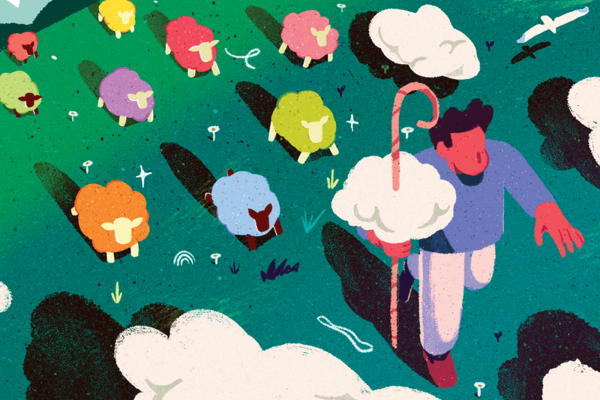GOD IS NOT a neutral observer of our worldly affairs. “God takes sides,” the Brazilian theologians Clodovis and Leonardo Boff explain in Introducing Liberation Theology. God is not a dispassionate consultant, nonpartisan mediator of divisions, or a disinterested negotiator of political antagonisms. “God takes sides and comes on the scene as one who favors the poor,” Mexican theologian Elsa Tamez writes in Bible of the Oppressed. “The God of the biblical tradition is not uninvolved or neutral,” U.S. theologian James H. Cone argues in A Black Theology of Liberation. “God is active in human history, taking sides with the oppressed.”
God has already decided to live in solidarity with people who have survived injustice after injustice. The incarnation reveals the partisanship of God—that, in Jesus, God becomes one of the “disinherited,” to use Howard Thurman’s language. The life of Jesus is the story of how God takes the side of “people who stand with their backs against the wall,” as Thurman puts it in Jesus and the Disinherited, populations “disinherited from participation in meaningful social process,” groups segregated from “any stake in the social order.”
The Bible passages this month call us to examine where we stand. They illumine the borders of power—the divide between privilege and oppression that slices through our communities—and prod us with a question: Which side are you on?
Read the Full Article

